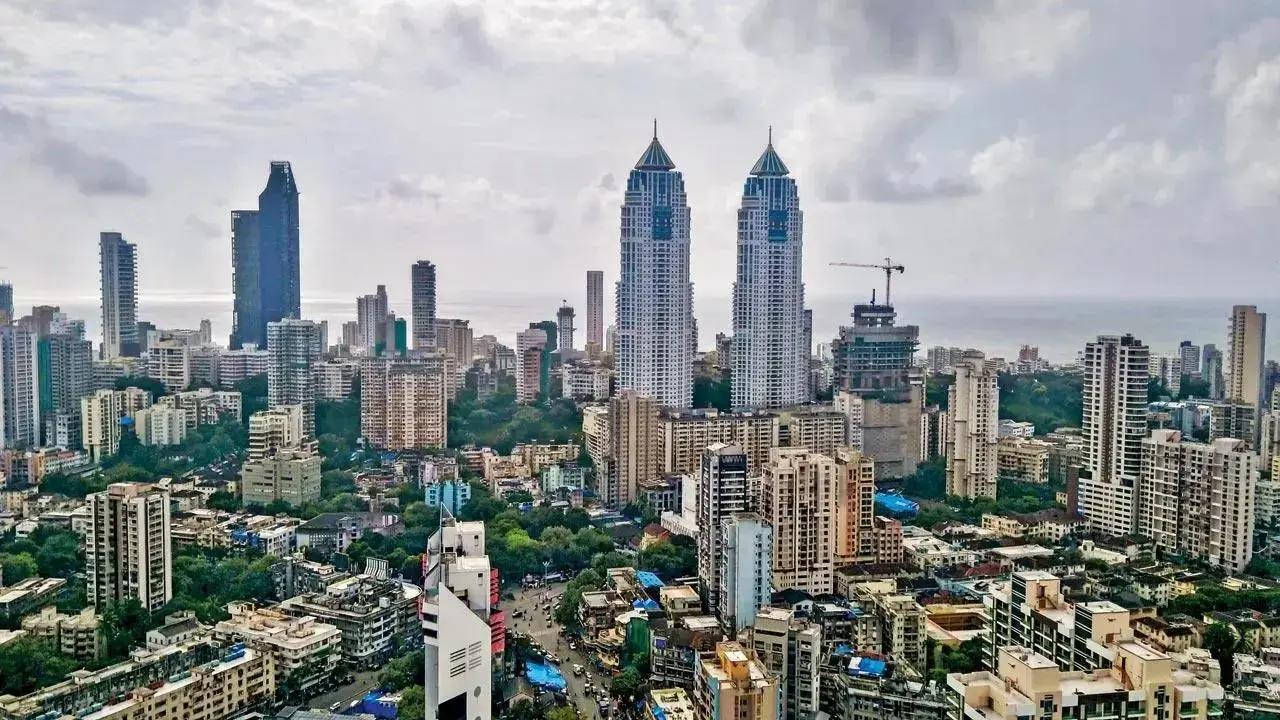Home / News / India News / Article /
Is the Union Budget 2024 up to expectations real estate sector?
Updated On: 24 July, 2024 01:13 PM IST | Mumbai | Jasmeen Ara Shaikh
Did the Union Budget 2024 stand up to the expectations of the real estate market? Industry experts weigh in and break down what this budget means for the future of the real estate market
Listen to this article :

Representational Image. File Pic
Union Finance Minister Nirmala Sitharaman presented the Union Budget for the financial year 2024-25 on Tuesday. While the real estate market had high hopes for tax incentives and industry status, the bill told a different story. Despite differing from expectations, the provisions have the potential to impact the realty sector both directly and indirectly.
Industry experts weighed in to break down what this Budget means for the future of the real estate market.



